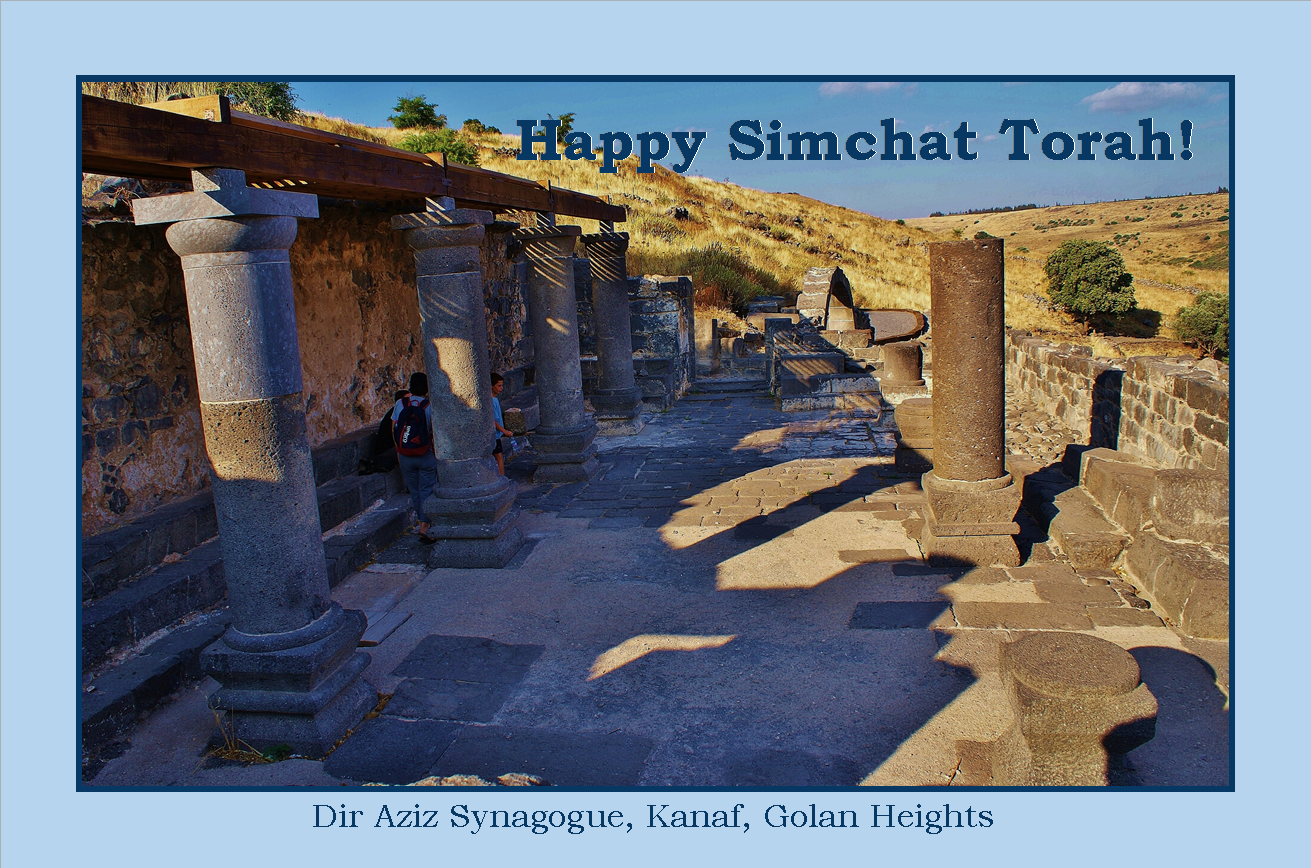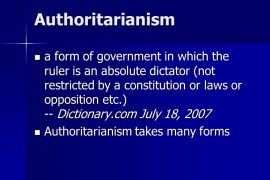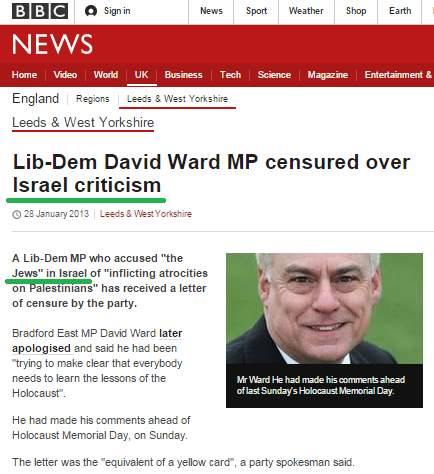1) NGO Monitor explains how “NGOs Distort International Law with “Disproportional” Casualty Claims”.
“During and after armed conflict in Gaza, a common refrain is that the higher number of Palestinian civilian casualties, relatively to Israelis, reflects a “disproportionate” response to thousands of missile attacks on Israeli population centers. This erroneous claim is repeated regularly on news and entertainment platforms, as well as by government officials, such as the EU foreign policy heads.
Like many misnomers about international law and Israel, distortions regarding proportional responses to aggression are central to NGO political advocacy campaigns that exploit legal rhetoric for demonization. As opposed to Palestinian rockets fired in large numbers toward population centers, which are unequivocal and undeniable war crimes, Israeli strikes against terror infrastructure in Gaza are legally justifiable. Even if questions can be raised about certain incidents, the issues are complex and intensely debated by international legal experts.
Moreover, without access to detailed information from the Israeli army about intelligence assessments and targeting, NGOs cannot possibly conclude definitively that Israeli actions in Gaza are illegal and “disproportionate.””
2) The FDD provides a useful backgrounder on Hamas.
“Hamas used the 2018 conflict to pressure Israel to allow funds from Qatar to enter the Gaza Strip. In 2019, Qatar provided more than $150 million to Hamas. A year later, Qatar said it would provide $100 million in funds, and Doha pledged an additional $360 million in 2021.
Hamas also receives funds from Iran, its chief supporter in the region. The group has praised Tehran publicly for its financial and military support. In 2018, Sinwar commended Iran for the “large amounts of cash, equipment and [military] expertise” Hamas received from the Islamic Republic. In 2019, Sinwar thanked Iran for providing Hamas with long-range rockets to strike Israel. After the May 2021 conflict, Haniyeh thanked Iran for its financial, military, and technological support. The exact amount of assistance Iran provides is unclear from open sources.
In 2019, al-Qassam Brigades started a Bitcoin fundraising campaign on its website. In August 2020, the U.S. government seized millions of dollars in Bitcoin from terrorist groups, including al-Qassam Brigades. However, al-Qassam Brigades continues to publish information on how to donate Bitcoin via its website.”
3) UK Lawyers for Israel has a video and a transcript of a briefing on the Sheikh Jarrah property dispute by Professor Avi Bell.
“A 1982 settlement between the owners and the tenants agreed that one side had leaseholds, that the other side was the ownership, and the leaseholds would be protected tenancies under Israeli law. This meant that as long as they (the tenants) paid rent and abided by the terms of the lease, they would be protected from eviction. The problem here is that the tenants never paid rent and they had engaged in a range of different violations of leases.
Four of the eight defendants in this case were children and grandchildren of the tenants who never paid rent (nor abided by the terms of the lease). The others simply squatted on the land. So, unsurprisingly, when the latest round of litigation had commenced, the owners were able to win eviction orders. The eviction orders were issued by the Magistrates Court and appealed to the Jerusalem District Court. The Jerusalem District Court reviewed all of the facts and upheld the eviction orders. Presently, it is waiting for the Supreme Court to rule on the defendants’ request for leave to appeal.”
4) The IJL provides a briefing on the recent Gaza operation “Guardian of the Walls” with Pnina Sharvit-Baruch and Daniel Reisner.




